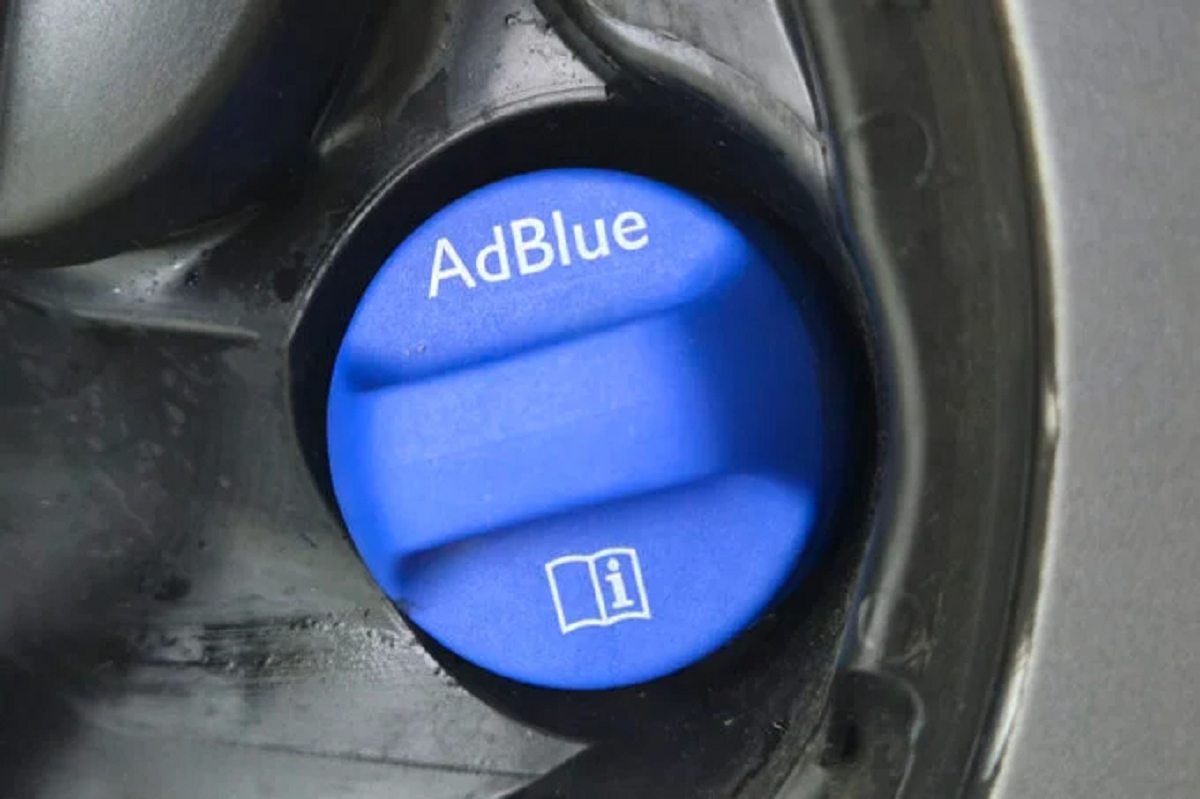A Turning Point for Diesel Drivers
After years of frustration over failing AdBlue systems and costly repairs, there’s finally good news for many diesel owners in Europe. A landmark decision by the European Commission has pushed Stellantis to extend its compensation program across the entire EU, bringing meaningful relief to those hit by recurring emissions-system faults.
For drivers who saw bills climb beyond €1,500—or worse, faced a car that refused to start due to SCR/AdBlue faults—this marks a significant shift in how manufacturers handle real-world reliability issues affecting everyday mobility.
[Image: AdBlue filler and cap — source: original article]
What the Compensation Program Covers
Stellantis is launching a broad, structured indemnity plan for diesel vehicles produced between January 2014 and August 2020. Coverage can extend up to 8 years from the vehicle’s manufacturing date, with a tiered scheme based on age and mileage.
- Vehicles under 5 years old and with fewer than 150,000 km: up to 100% coverage of parts.
- Older/higher-mileage vehicles: 30% to 90% reimbursement on parts, depending on mileage.
- Labor costs: a flat €30 per intervention, roughly 20% of a typical repair bill.
Is it perfect? Not quite. The labor allowance will not always match workshop rates. But it’s a clear acknowledgment of the technical problems that have plagued many owners—and a material step toward restoring trust.
Retroactive Relief and a Second-Failure Guarantee
The standout feature is its retroactive scope. Drivers who already paid for repairs from January 2021 onward can seek a lump-sum compensation. A dedicated platform—announced for mid-January 2024—is set to process claims based on the age and mileage at the time of the breakdown.
More reassuring still, Stellantis has committed to a robust second-failure guarantee. If a new AdBlue-related repair is required within 24 months or 50,000 km of the first fix, the company will cover 100% of both parts and labor—provided the initial repair was carried out at an authorized workshop and is backed by a proper invoice.
[Image: AdBlue warning on dashboard — source: original article]
Why This Matters for the Auto Industry
This outcome reflects growing pressure from consumer associations—including UFC-Que Choisir—and the EU’s insistence on fair treatment. What began as a pilot in Italy has now become a pan-European benchmark, raising expectations for how automakers should respond to systemic component failures that impair emissions compliance and vehicle usability.
It also signals a maturing view of manufacturer responsibility. Rather than forcing customers to shoulder unpredictable costs or contemplate risky, illegal bypasses, the program aligns the industry with stricter environmental rules and a deeper respect for consumer rights.
“As drivers, we don’t expect perfection—but we do expect accountability. When a critical emissions system fails, the fix shouldn’t feel like a punishment.”
How to Maximize Your Claim
While dealerships and service centers adapt to the new procedures, patience will be essential. In the meantime, preparation is your best ally.
- Keep all invoices and service records related to AdBlue/SCR repairs.
- Note your vehicle’s manufacturing date, mileage at failure, and repair dates.
- Confirm the repair took place at an authorized workshop.
- Document any repeat issues within 24 months/50,000 km of the first repair.
- Check the manufacturer’s online portal once the claim platform goes live.
Taking these steps now can streamline your reimbursement and protect your eligibility for the second-failure full coverage.
A Win for Safety, Compliance, and Confidence
Beyond cost relief, this shift supports emissions integrity. Faulty AdBlue systems can force limp modes or prevent the engine from starting—measures designed to enforce ultra-low NOx standards. By owning the problem, Stellantis helps keep cars compliant without incentivizing off-the-books fixes that undermine air quality goals.
Crucially, it also rebuilds confidence in diesel ownership during a transition period where drivers are weighing long-term options. Even if you’re planning to keep your diesel for a few more years, the assurance of coverage for known vulnerabilities reduces uncertainty.
The Bottom Line
This EU-wide compensation effort from Stellantis is a rare example of corporate course-correction on a continent-wide scale. It offers tangible financial relief, practical safeguards for repeat failures, and a framework that other manufacturers may be pressed to follow.
For diesel drivers affected by AdBlue troubles, it’s not just a gesture—it’s a workable remedy that can make daily life simpler, safer, and fairer.
